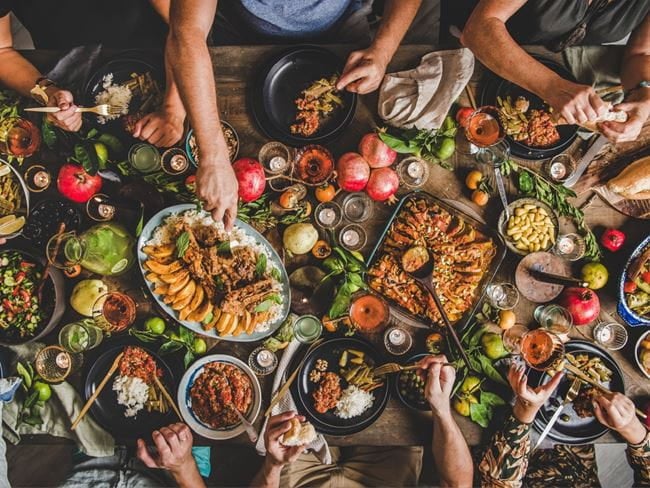
Food is universally necessary for human survival, but cultures from different time periods and regions have developed divergent staples, cuisines, and preferences. In this course, students use archaeology to explore the diversity of human food systems and the various roles food and drink have historically played around the world. Topics include the development of domestication and agriculture, origins of alcohol, the social implications of abundance and food scarcity, and the way feasting has been used to support various systems. Students consider the theoretical and methodological approaches that archaeologists use to study food and eating from a global anthropological perspective.
- Teacher: Scotti Norman